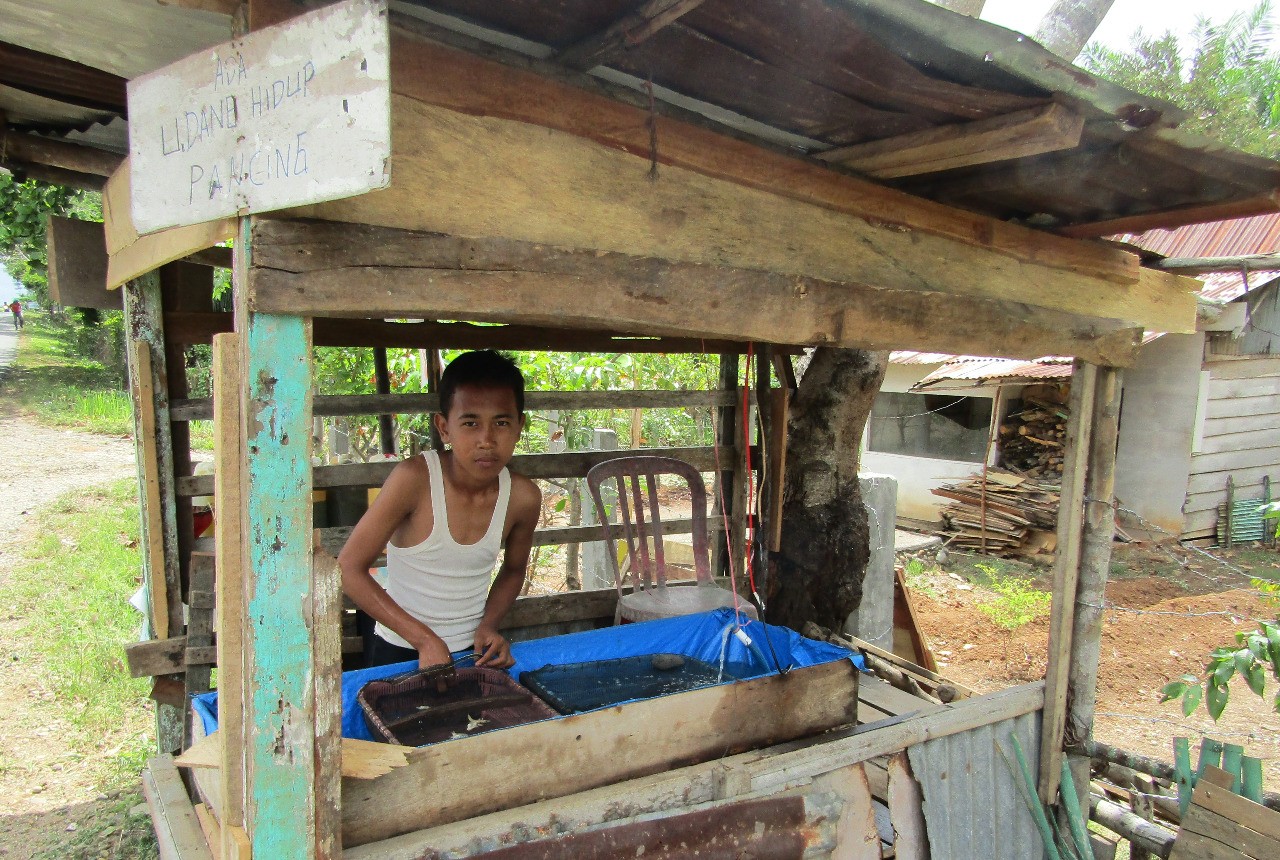Popular Reads
Top Results
Can't find what you're looking for?
View all search resultsPopular Reads
Top Results
Can't find what you're looking for?
View all search resultsFor richer, for poorer
Breakthroughs are needed in education, health, infrastructure, the labor market, food security and social spending as part of a concerted effort at poverty alleviation.
Change text size
Gift Premium Articles
to Anyone
A
recent survey by the SMERU Research Institute published by the Asian Development Bank (ADB) confirms global findings that children raised in poverty will earn less than their more privileged counterparts. In Indonesia, this “income penalty” could see those from poor families earn 87 percent less than those raised in better off households .
Many factors affect poverty alleviation, including the availability of roads and clean water, family background, nutritional intake, education quality and economic opportunities. Breakthroughs are needed in education, health, infrastructure, the labor market, food security and social spending as part of a concerted effort at poverty alleviation.
Policymakers are scrambling for ways to lift people out of poverty — while there are 25 million people who are conventionally classified as poor, living under US$1 per day, according to Statistics Indonesia (BPS). Most endure hunger, with their children prone to stunting, as they engage in low-paid and less productive activities, trapping them in the vicious cycle of poverty, according to another ADB report.
Indonesia needs a broad-based strategy in poverty alleviation. All efforts count: improved education, capital city relocation to better redistribute wealth away from the packed Java, infrastructure development in the most needed spots, more healthcare facilities and government subsidies in education, health care and basic needs.
But addressing poverty and inequality involves diverse stakeholders, therefore concerted affirmative action should avoid sporadic, well-meaning but less effective efforts.
The clock is ticking. President Joko “Jokowi” Widodo aims for a near-zero percent poverty rate in 2045, when Indonesia celebrates its 100th year of independence. At 9.41 percent today, the poverty rate has dropped from around 20 percent two decades ago.
The Gini ratio, an inequality indicator, is also improving, although that is on account of Indonesia’s rising middle-income bracket. A separate SMERU study shows absolute inequality has continued to increase with the top 10 percent and bottom 10 percent disparity further widening.
Social spending in Indonesia has seen dramatic increases under Jokowi, although low by the standards of the Organization for Economic Cooperation and Development (OECD). At Rp 381 trillion ($27 billion) for the 2019 state budget, it’s 15 percent of government spending but less than 3 percent of the country’s gross domestic product, which is in contrast to the 20.1 percent OECD average.
The government’s Family Hope Program is expected to be the “epicenter” to lift people put of poverty, with Jokowi planning to increase recipients to 15 million from 10 million previously. That’s on top of other subsidies, including the Indonesia Smart Card for education, Indonesian Health Card for health care and the Prosperous Family Card for basic needs. Further, a new government fund for jobseekers will be launched next year.
Cash subsidies have their limitations. Ensuring the funds are used for productive purposes needs a more targeted approach. More on-the-ground research should help the government create targeted and evidence-based policies to improve the livelihoods of millions of Indonesians.










